

 New thing 1: Doing a confidence course through the forest treetops
New thing 1: Doing a confidence course through the forest treetops
THE WINTER BEFORE MY YEAR OF new things, my script ran out.
The script, or variations on the script, will be familiar to many of you: go to school, get a job, meet a special someone, have children. Followed, for me, by the treadmill of juggling work and parenting, and the gnawing feeling of not succeeding at either. Its a script of to-do lists that seem dull and forgettable. But you cant actually forget the things on the list. If you do, your suit isnt dry-cleaned in time for that important meeting, your bills are paid late, and your child is the only one in their class without a banana on World Banana Day. Its a mental load that can leave you with constant low-level anxiety about having forgotten to do something important, but not being completely sure what that thing is, so just hoping it wont lead to burning your house down, getting fired or becoming a social pariah.
My own script was particularly unoriginal. School, university, first job. Then, in no particular order: exchanging of vows, house, children. Alan was two years older and ten centimetres taller. I had a boy and a girl exactly two years apart, and a house in the sort of neighbourhood where children play in the street. All I needed was the white picket fence. In a radical divergence from the script, Alan and I had opted for a practical wooden fence of the non-picket variety instead. Pickets are too hard to paint, we had been told.
I didnt consciously fall into line like a lemming as I lurched from chapter to chapter of the script, or make decisions because of external pressure. I wanted each and every chapter of my script. I was and continue to be grateful that Ive been able to follow the script I have. There are many people who would dearly love to do the same, but cannot, for a myriad of reasons. Other peoples scripts are less painfully middle class. I agree with Kieran Setiya, who wrote: I recognize the luxury of the midlife crisis, with a degree of guilt and shame. I had been lucky to have children, and to be in a position to buy a house. Things werent so bad, not compared to the suffering of other people. I wasnt poor or sick or hungry. During that winter, knowing I was lucky but feeling shit nonetheless was yet another strand of the self-flagellation whip I used to beat myself with. My problems were very much the sort deserving of the label #firstworldproblems. In fact, they were #privilegedmiddleclassproblems.
And yet
I had followed the script ever since I was a teenager, and it had run out of words.
There is a stereotypical script for men when they face this life stage, the classic midlife crisis involving red convertibles, young secretaries and bad toupees. Weve all seen the movies, read the books, and probably know a few real-life examples as well. Its different for women. According to pop culture, we can take one of two midlife-crisis journeys: be galvanised into reforming our dowdy post-children selves after the men in our lives embrace the classic man script as described above, or take up yoga. Neither of these options worked for me. Alan hadnt consigned me to the first-wives club, and yoga didnt appeal to meIm as flexible as a plank of wood. Besides, who has time for soul searching when you get only a few weeks of annual leave a year, and most of that is consumed by school holidays? I couldnt have one of those sorts of mid-life crises. If I did, the ever-present mental load would eat me alive. I had children, a mortgage, a joba life that wouldnt stand still while I found myself . Any self-indulgent navel-gazing of the finding-oneself variety needed to happen within the margins of my daily routine. I didnt have time to change. Id just keep bobbing downstream and hope that I didnt drown.
And then Alan and I separated. We were fine, we were strong. And then we werent. It was as if wed read a bit of click-bait entitled How to grow apart in ten easy steps and followed it to the letter. Theres no script for marriage breakdown, apart from the seek-revenge-by-becoming-super-hot trope. Theres certainly no script when there isnt a victim/perpetrator dynamic: no one had an affair; no one was beaten; no one was emotionally abusive. Neither of us thought that yonder grass was greener, but wed still managed to kill our own grass by failing to water it properly. It makes people uncomfortable when they cant immediately hook into a straightforward explanation of why two people with a house and children might not want to be together anymore. I found vague explanations about growing apart made people especially uncomfortable. They trust that their own relationship is safe from affairs and abuse and being traded in for the pool boy. Growing apart, though? Now thats a scary thought. Its the one explanation that they know might one day apply to them if theyre not careful.
Its stating the obvious, but breakups really are dire. I guess thats why people have been writing bad poetry about them for millennia. I wouldnt be surprised if those famous ancient cave drawings in France werent actually depicting a breakup, albeit one involving mammoths. It didnt help that Alan and I separated in autumn, so I had a cold and miserable winter to process my new, hollow life. Isnt winter awful? I think so. Ive never been a fan, not once the novelty of hot soup and mulled wine wears off. In winter, places with colder climates have 40 per cent more Google searches about depression than places with warmer climates. Im not surprised. That winter before the year of new things, it was me plugging Am I depressed? into Google. It was a dreary winter without colour. Okay, I lie: I did have one thing that was colourfula bright purple notebook Id bought for the simple reason that I was sad and wanted to buy something to cheer me up. I bought a purple pen to match, a fat pen with thick ink that soaked through the pages in smudgy, purple glory. When I got home, I put the pen and notebook on my bed, and berated myself. What the hell did I need a purple notebook for? I then picked up the pen, opened the notebook, and wrote a list. It went:
Things that made me feel bad today
1. I wasted money on a notebook and pen
2. I hate purple
3. This pen sucks.
I then wrote other things that had made me feel bad: the thought that I was letting my children down; the fact that my friend hadnt replied to a message Id sent; an argument with Alan about the extractor fan; eating too much cake. It was depressing and cathartic in equal measure. Then, on the next page, another list: Things that brought me joy today. I had to think about it, but there were more things than Id expected: dancing with the children; a funny joke; a phone call from my mum. I liked the lists so much I wrote them every day for a month. It turned out to be the first rung of the ladder out of the cesspit, although thats not why I continued. I kept going because I had no one to talk to, and writing my thoughts in a notebook made me feel like they were real and worthy. It made me feel less like that tree that falls in the forest, far from human ears, where it may or may not have made a sound. I felt less alone, writing for my own future self. Sometimes the lists felt daft; of course I knew what made me happy and sad. Some of the things on the lists werent rocket sciencelaughing made me happy, and loss made me sad. Quality time with people I love made me happy, and dropping my dry-cleaning in a puddle within half an hour of having collected it made me sad. And sometimes what had made me happy (eating that entire block of chocolate) also made me sad (feeling disgusting after eating aforementioned block of chocolate).
Next page
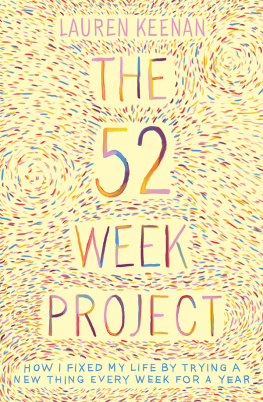
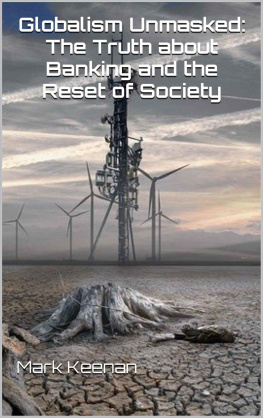
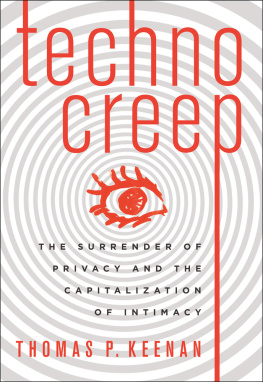
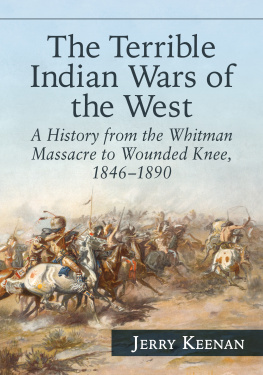
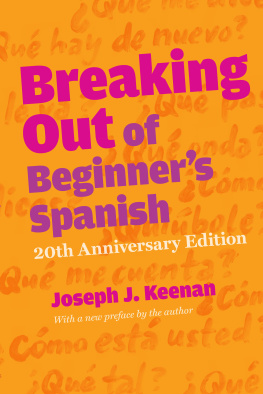
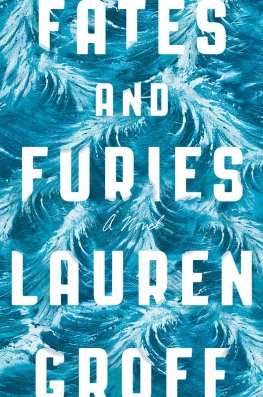


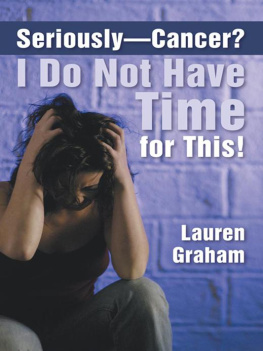
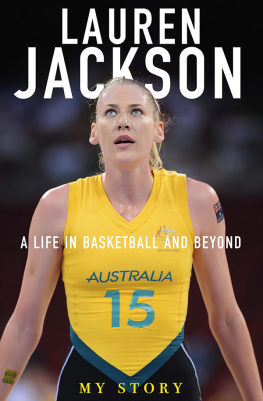
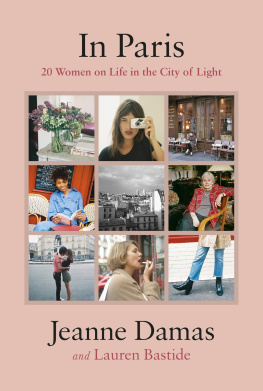
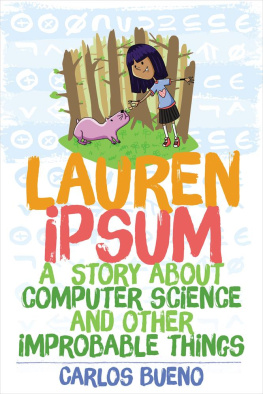
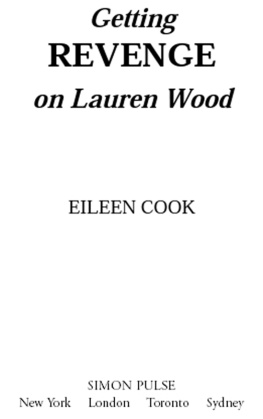


 New thing 1: Doing a confidence course through the forest treetops
New thing 1: Doing a confidence course through the forest treetops